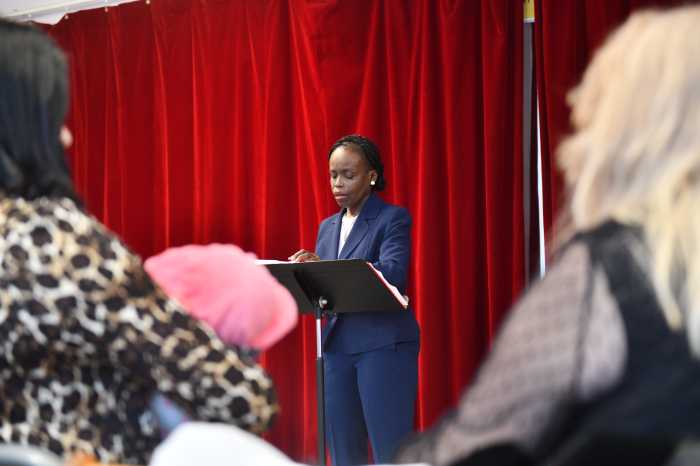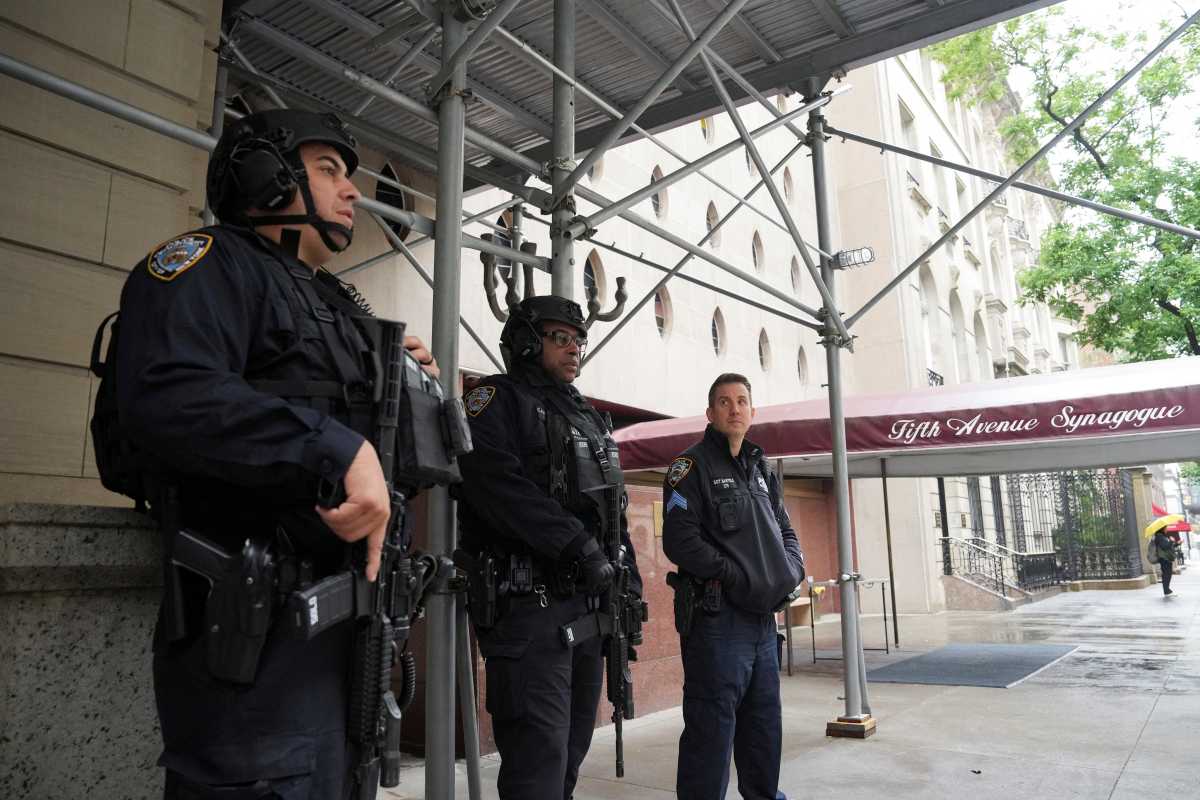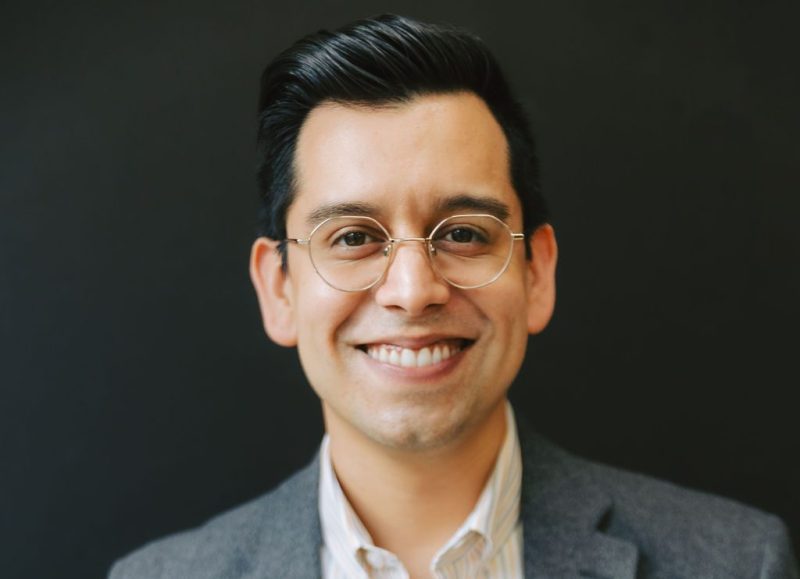School officials from I.S. 227 in Jackson Heights are hoping to schedule an encore performance of the successful play shown at the school last month.
In May, three days were dedicated to the show, which was a combination of a celebration of African-American heritage month and the annual school play. However, the performance was so successful, packing the large auditorium at the school, that a final, evening viewing may be scheduled, said Kate O’Neill, an English teacher at I.S. 227 and the playwright, choreographer, and theatrical director for the show.
“It was really amazing that we got the turnout we got in such a short time,” O’Neill said on Thursday, May 31.
I.S. 227 - The Louis Armstrong School - had not planned to hold a play this year, but about two months ago, O’Neill and fellow teachers Christopher Jaquin and Peter Russo got together to write and produce the show, performed by teacher and seventh and eighth grade students.
“We pretty much took on a really large thing last minute,” O’Neill said. “They [the students] were so amazed they couldn’t believe it.”
Entitled, “Bridging the Gap,” the play features five scenes set during several historical periods, including the enslavement of Africans by colonists and the civil rights movement.
The hour-long show begins with students assigned to do a research project for school about prominent African-Americans and the historical times that they lived through. The protagonists then find a time capsule to travel back to the periods that they are studying.
The students swing dance at the Cotton Club in Harlem and protest with Bob Marley and Jimi Hendrix before a movie about the life of Dr. Martin Luther King, Jr. is shown.
The play’s initial inspiration stemmed from Jaquin’s travels through West Africa, O’Neill said, explaining that Jaquin served as the musical director and played the guitar and African drums during the show.
A New York City teaching fellow, O’Neill’s background as a jazz and hip-hop dance teacher helped her to choreograph the dance scenes for the play.
Even if a show cannot be scheduled by the end of school on June 27, O’Neill said that the organizers are eager to work on next year’s performance.
“We are starting to come up with more ideas for next year already,” O’Neill said, adding that any future performances might be more multicultural. “So that it’s more culturally diverse for everyone.”
































